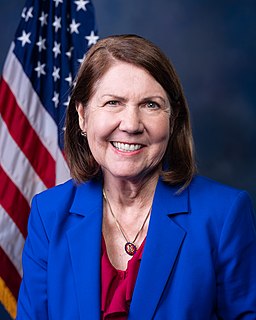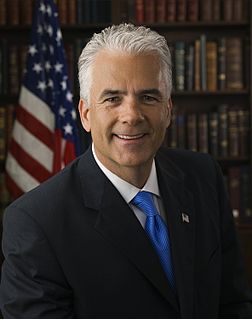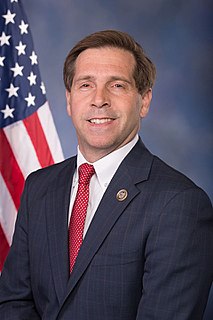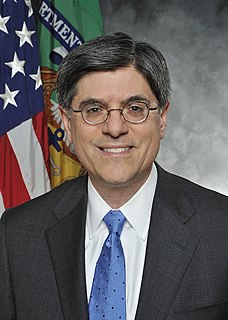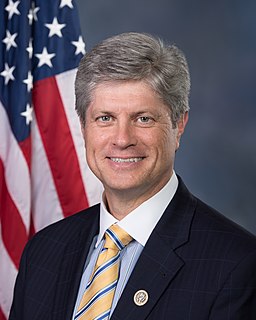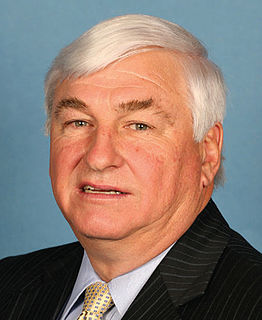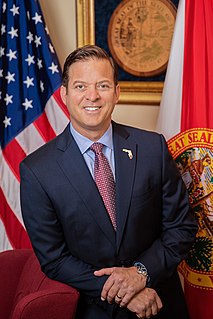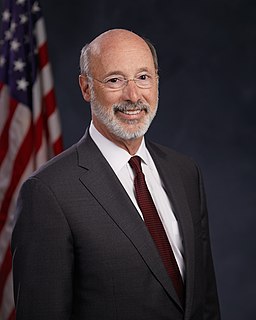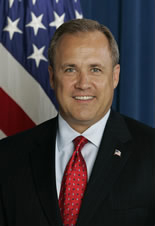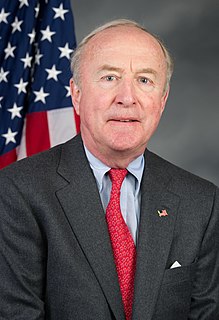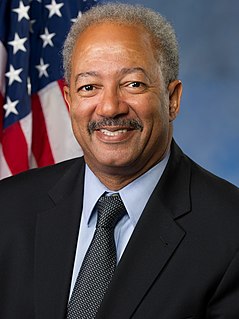Top 495 Fiscal Quotes & Sayings
Explore popular Fiscal quotes.
Last updated on December 21, 2024.
I don't understand how the Republican party is the party with the reputation for fiscal conservatism and fiscal sanity, when they're the ones who run up the debt. It was Reagan who ran up the debt and now Bush is doing it again, and in between, Clinton and Bush's father, I must say, worked so hard to get that deficit and that debt down.
Too many members of Congress are too involved in grabbing what they can for their states or districts without enough emphasis on overall fiscal restraint for the sake of the nation as a whole. We need a new era of fiscal sanity. I am not willing to subject my children and grandchildren to the level of debt that Congress has created.
I like Mitch Daniels on the fiscal conservative issues. You disagree with him on this idea that social issues, you takeoff the table. I do that for two reasons. I think the fiscal issues in a sense are a symptom of a lot of the deeper cultural issues in America. I don't think they are as disconnected as he thinks.
A wide range of possible fiscal policy tools and approaches could enhance the cyclical stability of the economy. For example, steps could be taken to increase the effectiveness of the automatic stabilizers, and some economists have proposed that greater fiscal support could be usefully provided to state and local governments during recessions.
I think there are only two things you should really expect Congress to do.One is to pass a short-term funding bill, because it's not in their political interest to shut down the government when the fiscal year comes into effect, the new fiscal year, on October 1. The second thing, I think, is Zika funding. This has been put off and off for months and months.
Pennsylvania is facing challenging economic times, a multi-billion dollar budget deficit, and negative cash flow projections. My Budget Deficit and Fiscal Stabilization Task Force will get to work to determine the scope of the challenges facing Pennsylvania and begin to discuss how we can get Pennsylvania's fiscal house in order.
If you have an area where high-income receivers concentrate, you have a higher fiscal capacity. That fiscal capacity is a valuable resource and will create rent-seeking. People will trying to get that resource one way or the other, including immigration. It is very much like the medieval peasants putting their sheep on the commons pasture. It is better than the open range, and if you let them have open access they will, in fact, put too many sheep on the pasture and waste the value that the pasture has.
One of the things I think is very likely is that with the prospects of robust fiscal stimulus in response to voters mad as hell, the Fed is going to be in there with helicopter money. In other words, they're going to be buying whatever the Treasury issues. They're not going to, in effect, advocate strong fiscal stimulus and then not finance it. And that's helicopter money.
